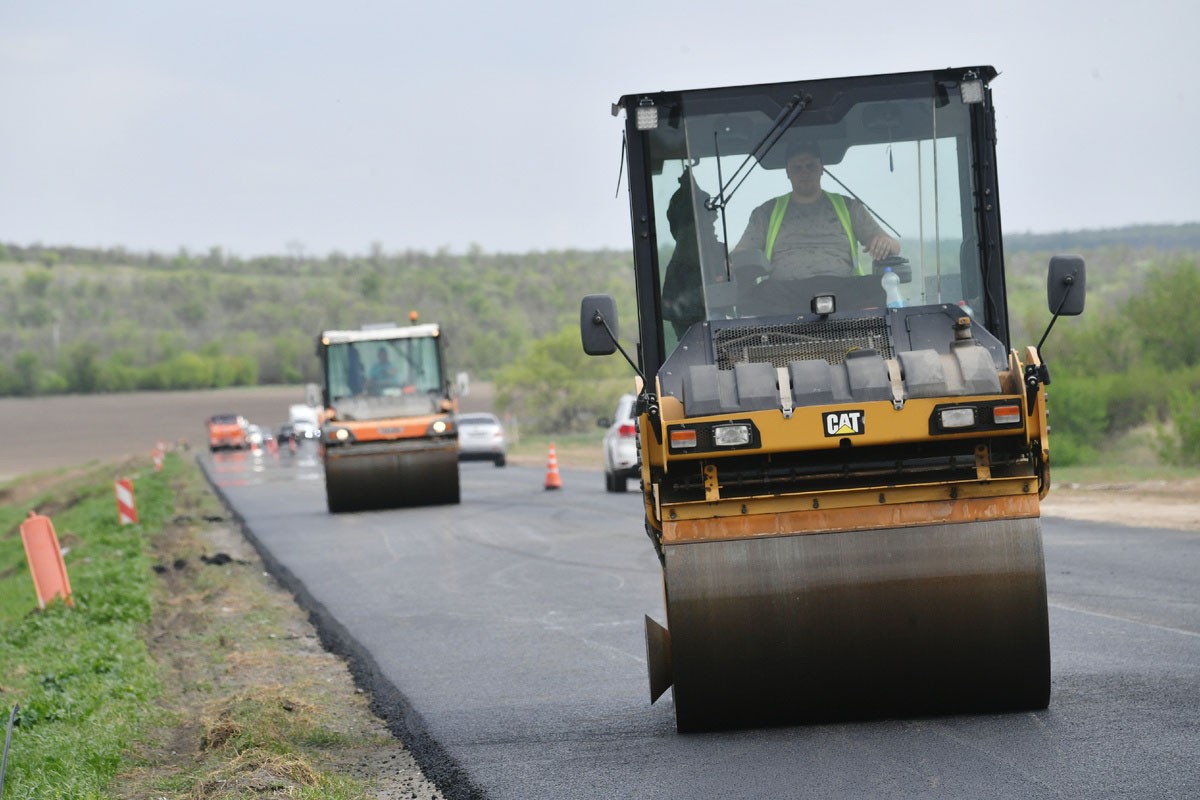T-Mobile has announced the commercial launch of the T-Satellite satellite service, developed in collaboration with Starlink. The new service will start operating on July 23, 2025 and will provide communication in remote areas where there is no coverage of traditional mobile networks. This is one of the biggest steps towards expanding the availability of mobile services outside of cities.
The service covers an area of about 500,000 square miles in the United States and is designed for users with compatible smartphones running iOS and Android. At the moment of launch, users will be able to send SMS messages, as well as send MMS content-images and short audio clips. Support for MMS on Apple devices will come in later updates.
The key advantage of T-Satellite is the availability of emergency messages via satellite to the 911 number. This solution is positioned as a way to increase security in conditions where mobile communication is unavailable — for example, in mountains, deserts, natural disasters and other remote areas. In addition, starting in October 2025, T-Satellite will launch data transfer support for popular apps, including WhatsApp, AccuWeather, AllTrails, as well as Apple, Google, and X (formerly Twitter) services.
The connection cost was lower than the initial expectations. T-Mobile subscribers with the Experience Beyond tariff (about $100 per month) will get access to the satellite service for free. Users of other carriers, including AT&T and Verizon customers, will be able to connect T-Satellite for $10 per month. Initially, the cost of connection was assumed at the level of $15-20. The decision to reduce the price was made by T-Mobile as part of a strategy to actively attract users and strengthen its competitive position.
The partnership with Starlink is part of T-Mobile's broader strategy to build a hybrid mobile communications infrastructure that combines terrestrial and satellite solutions. In the future, it is planned to expand the functionality of T-Satellite, including full-fledged voice call transmission and expansion of international coverage.
The service has already passed beta testing, which was attended by thousands of users. Testers ' reports indicate stable transmission of messages even in difficult conditions and in the absence of a traditional signal.
T-Mobile and Starlink emphasize that T-Satellite is not a replacement for conventional cellular communication, but its complement in extreme and sparsely populated regions. At the same time, as the number of satellites in orbit increases, the company intends to expand its functionality and reduce entry barriers for new subscribers.












